We always say the Universe is trying to kill us. But there was this one time, when the Universe used our own fear of nuclear attack against us, nearly setting off a global nuclear war. Nice try Universe, we’re on to you now.
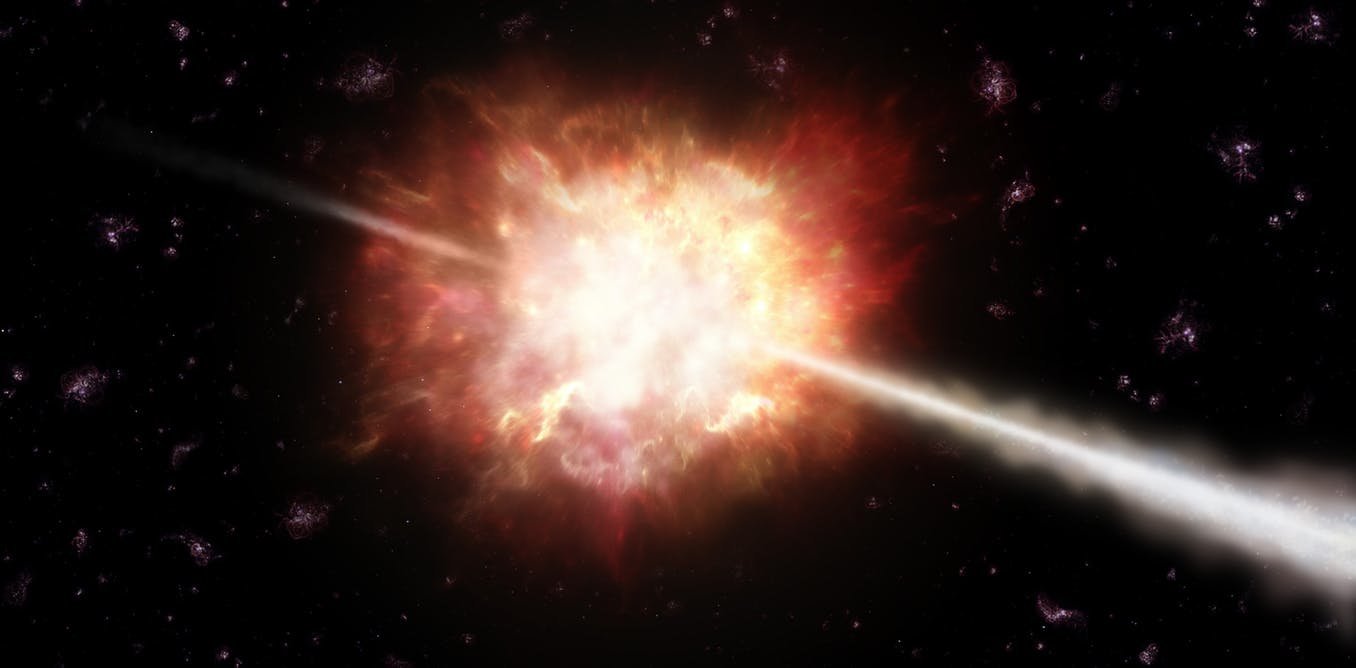

We always say the Universe is trying to kill us. But there was this one time, when the Universe used our own fear of nuclear attack against us, nearly setting off a global nuclear war. Nice try Universe, we’re on to you now.
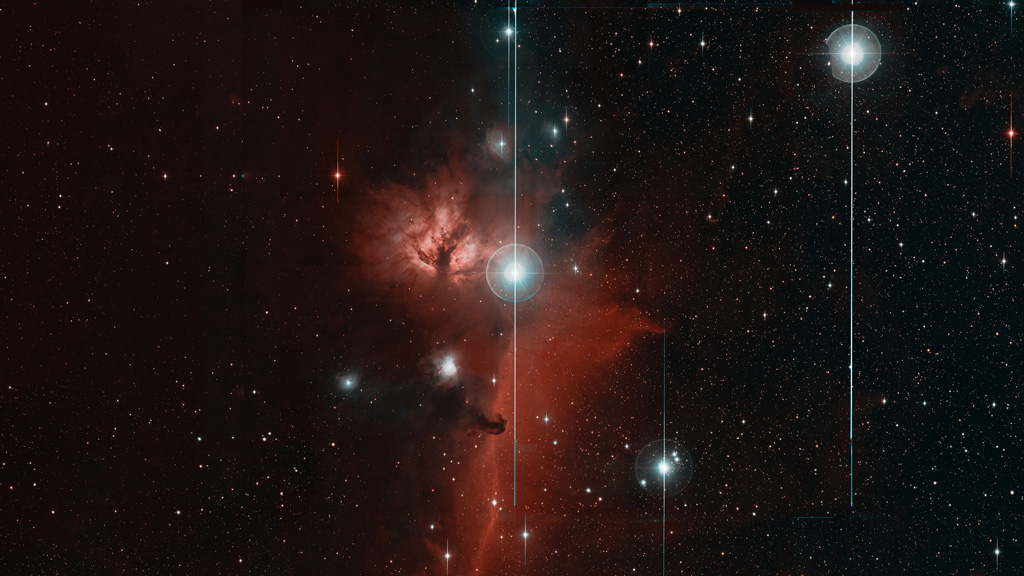
One of the most influential astronomers in the 20th Century was Fritz Zwicky. He had his hand in the discovery of dark matter, gravitational lensing, supernovae and neutron stars. And he also worked on a few more controversial ideas like, uh, tired light. Let’s learn more about Zwicky.
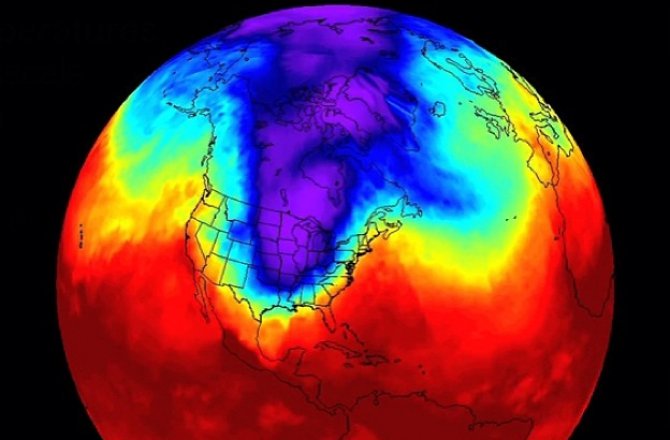
It’s cold right now. Okay, fine, here on Vancouver Island, it’s actually pretty warm. But for the rest of Canada and big parts of the US, it’s terrifyingly cold. Colder than Mars or the North Pole cold. This is all thanks to the break up of the polar vortex. What are polar vertices, how do they form, and where else to we find them in the Solar System?

Space is a hostile environment in so many ways. But one of its worst features is the various kinds of radiation you can find. When astronauts go back beyond the protective environment of the Earth’s magnetosphere, what are the various kinds of radiation they’ll encounter. And is there anything we’ll be able to do about it?
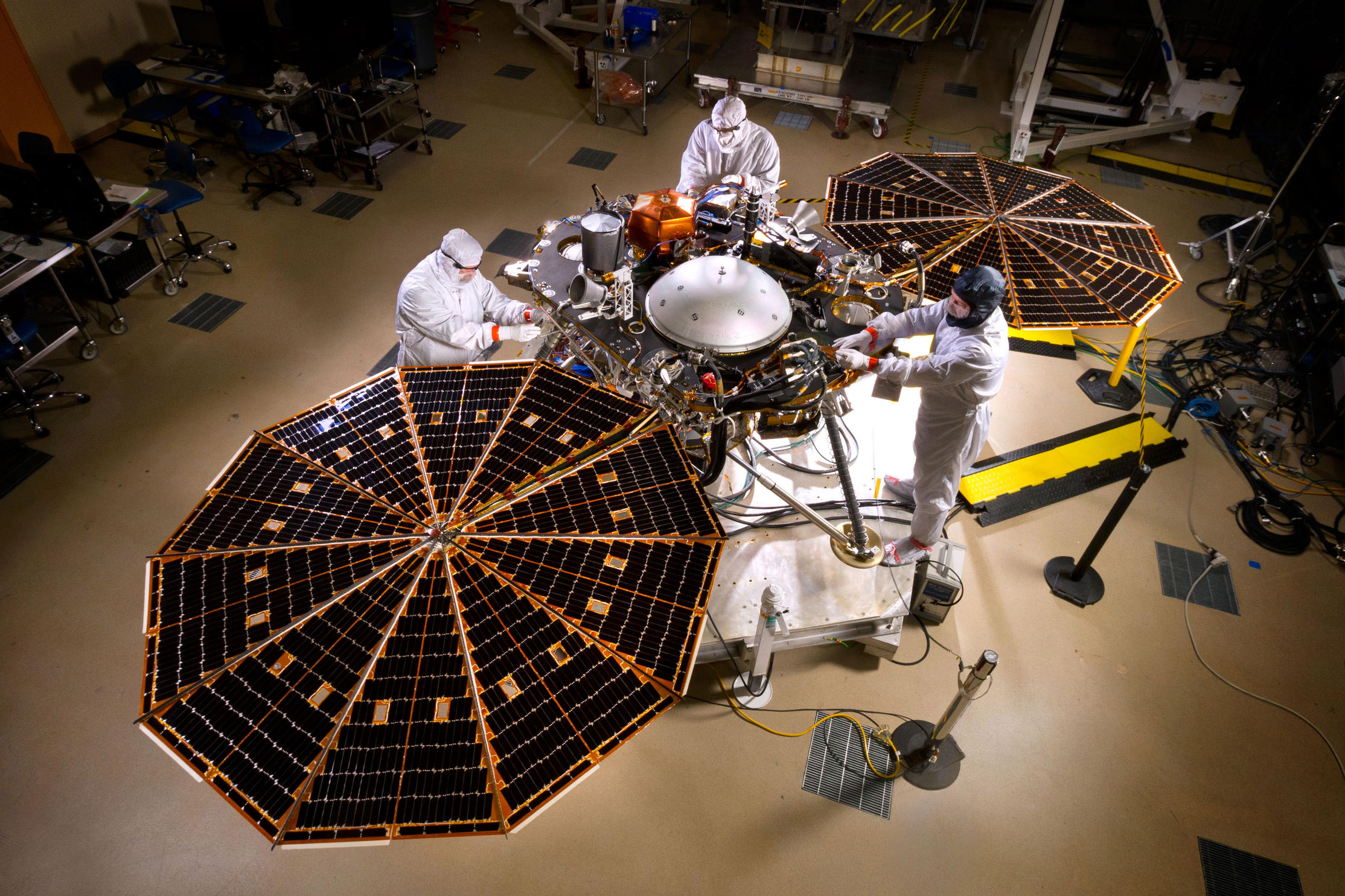
As we send rovers and landers to other worlds, we have to think about the tiny microbial astronauts we’re sending along with us. In fact, NASA is so concerned about infecting other worlds that it has established the planetary protection protocols. Just to be safe.
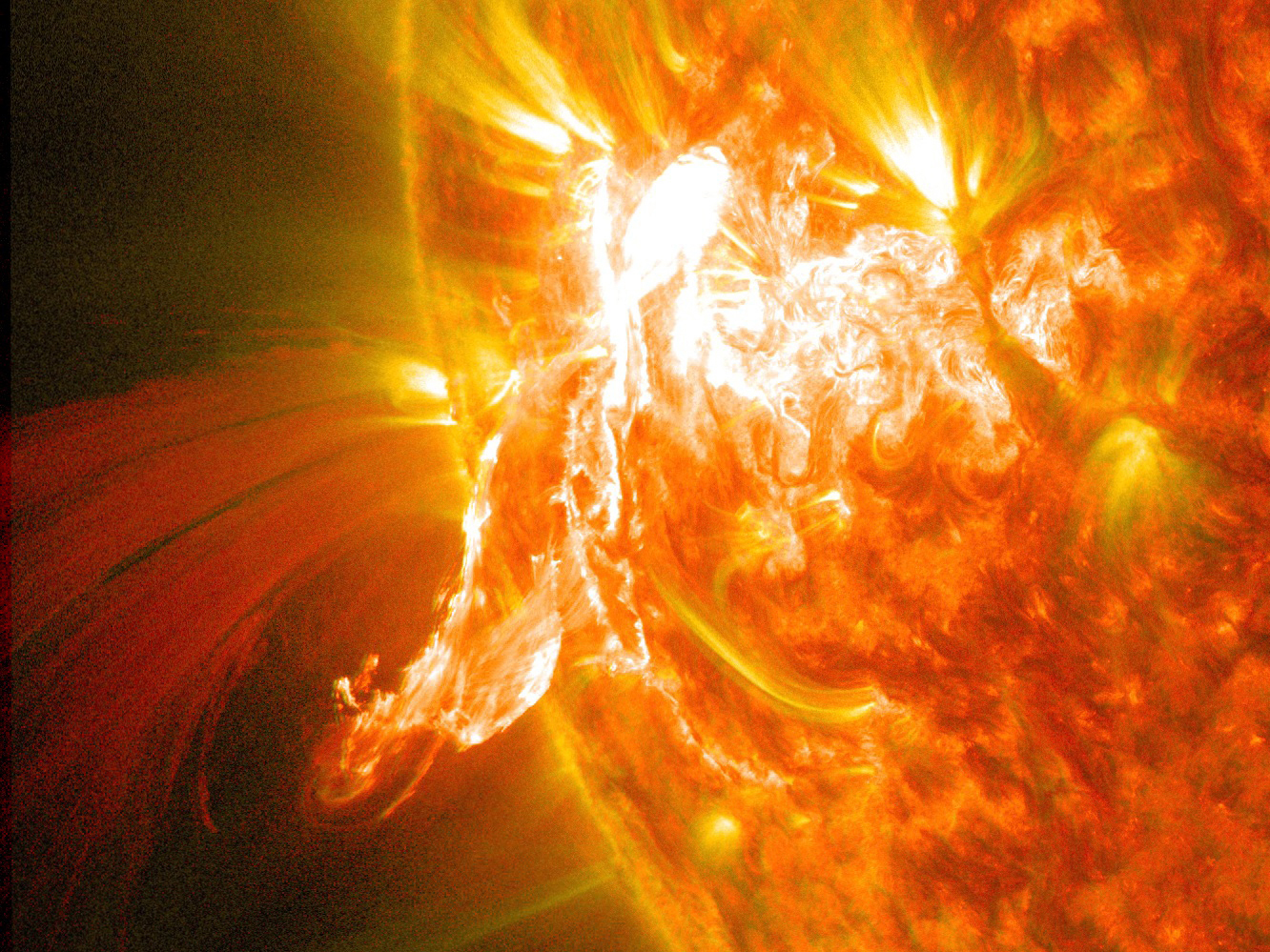
The Sun. It’s a big ball of fire, right? Apparently not. In fact, what’s going on inside of the Sun took us some time and knowledge of physics to finally figure out: stellar fusion. Let’s talk about the different kinds of fusion, and how we’re trying to adapt it to generate power here on Earth.
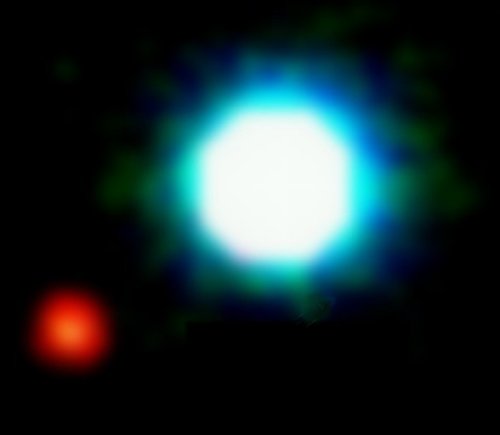
Finding planets is old news, we now know of thousands and thousands of the places. But the terrible irony is that we can only see a fraction of the planets out there using the traditional methods of radial velocity and transits. But the new telescopes will take things to the next level and image planets directly.
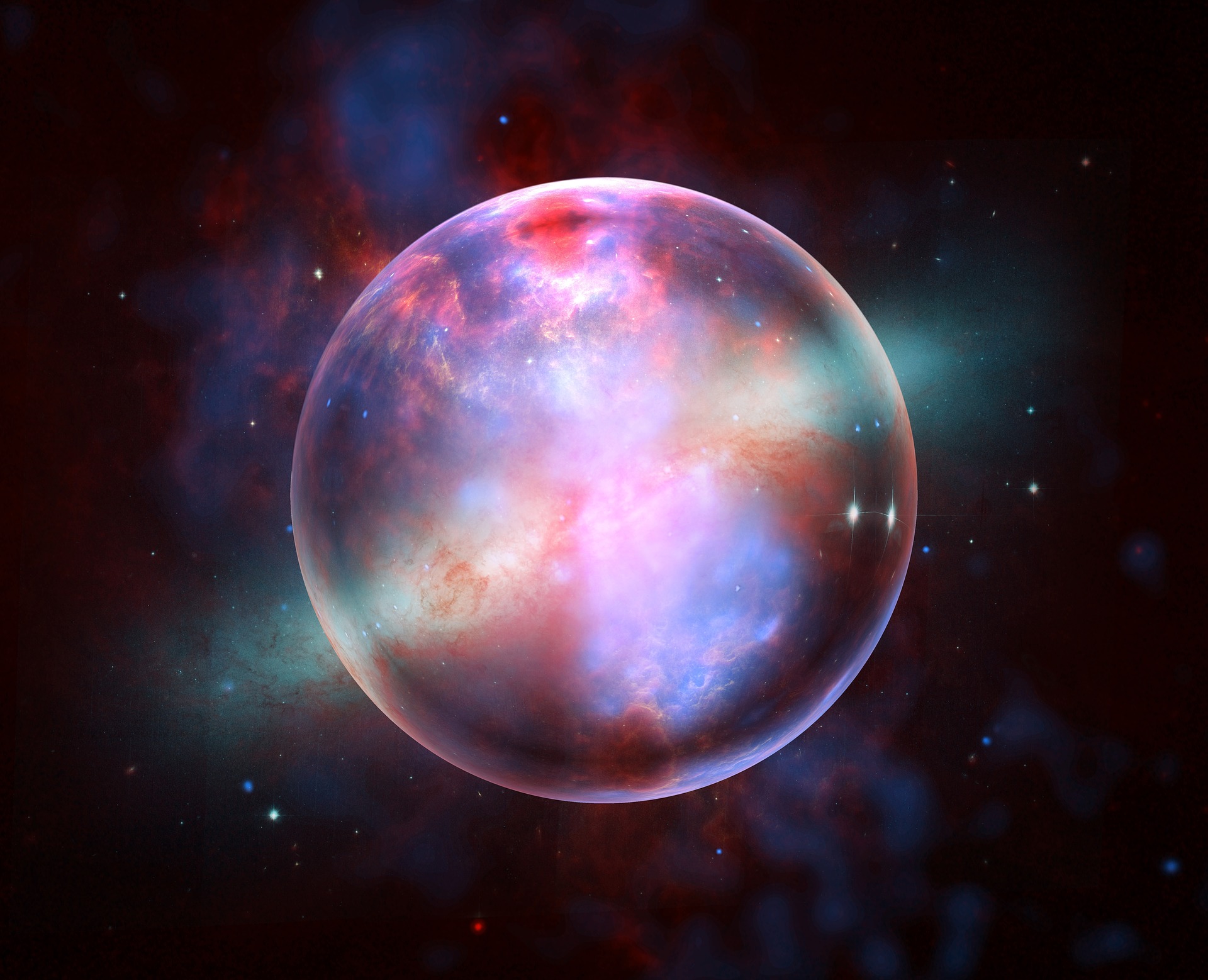
We did it, we made it through 2018 in space. Now let’s look forward to the incredible launches, discoveries and astronomical events happening in 2019.
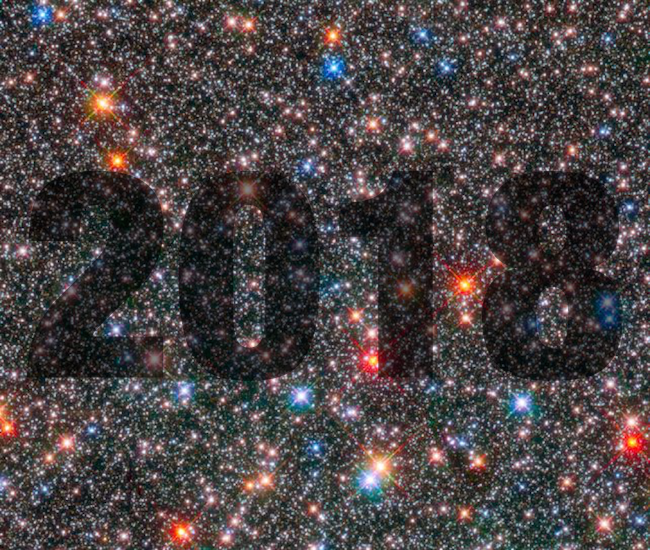
2018 was an incredible year in space news. Rockets launched, landers landed, spacecraft were born and died. We learned tremendous new things about Universe around us, and today we’re here to look back fondly over the last 12 months to review the year in space that was.

After many years as a finalist, Astronomy Cast has finally won in the Fact Behind the Fiction category of the 2018 Parsec Awards, joining the ranks of other fantastic podcasts such as Talk Nerdy with Cara Santa Maria, HubbleCast, the Planetary Society’s Planetary Radio, Monster Talk, 365 Days of Astronomy and Universe Today’s Guide to Space.
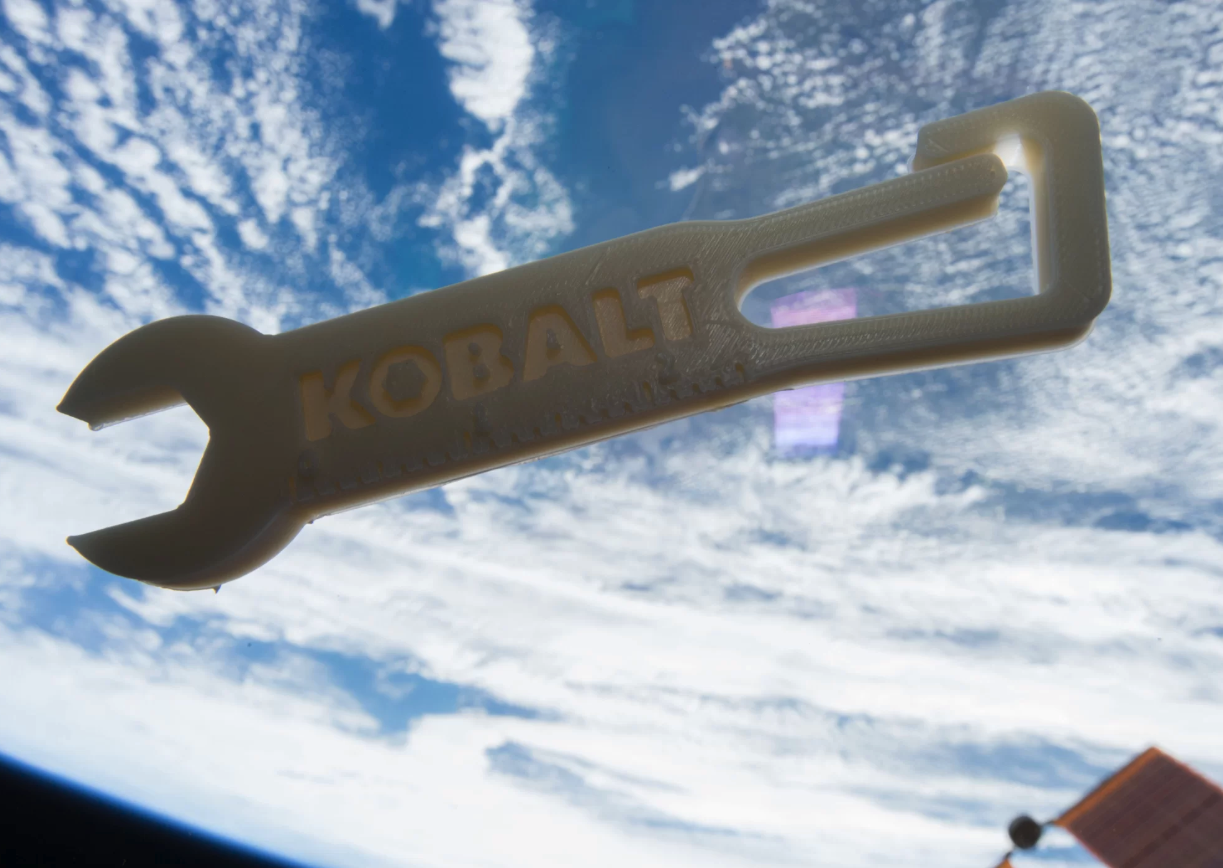
The technology of 3D printing is taking off. From tiny home-based 3D printers to larger manufacturing. And of course, 3D printing is going to space with the International Space Station and beyond.
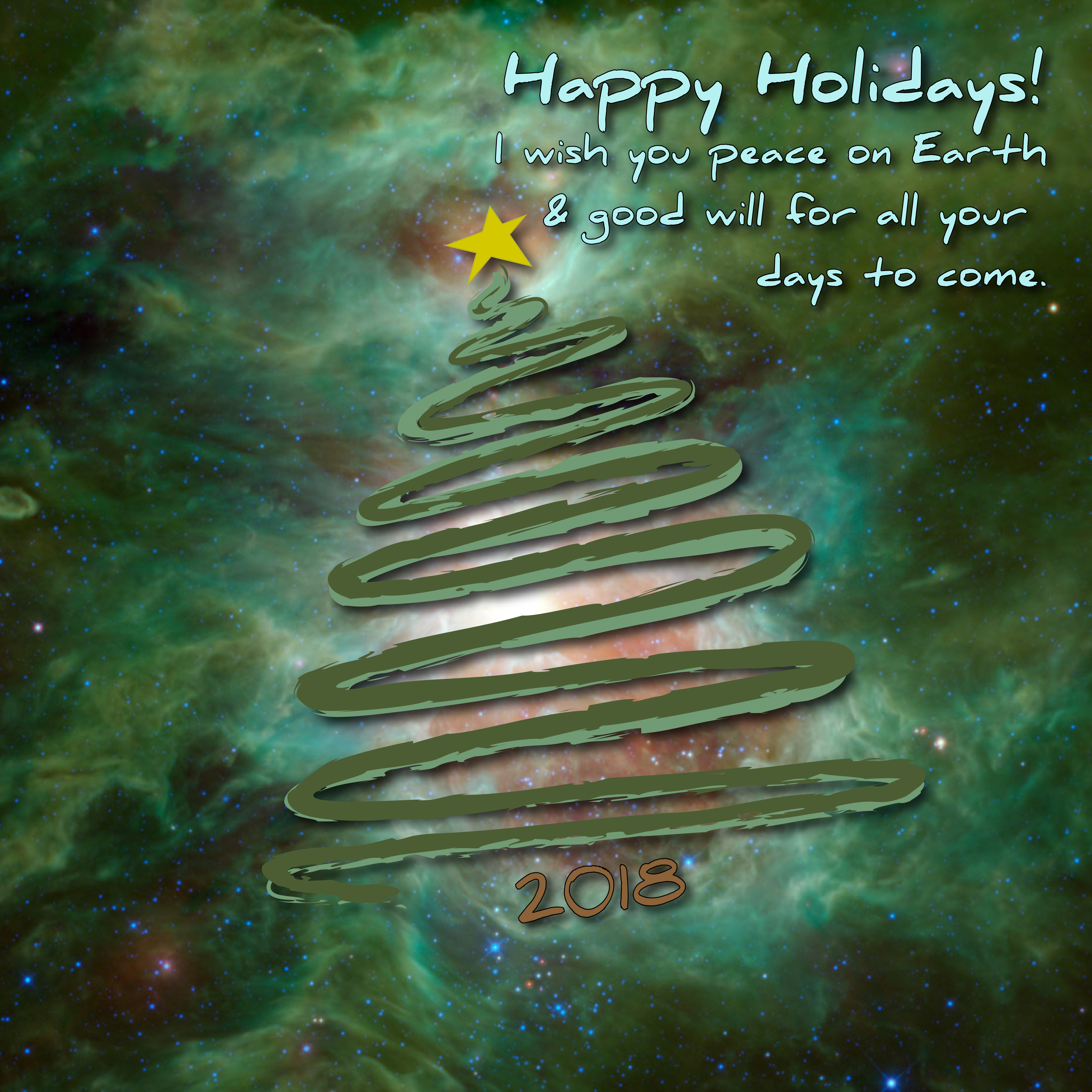
We did it, we made it to the end of another year. Once again it’s time to wonder what gifts to get your beloved space nerds. We’ve got some suggestions. Some are brand new this year, others are classics that we just can’t help but continue to suggest. Let’s get into it.
Ion engines are a mainstay of science fiction, featured in both Star Trek and Wars. But this is a very real technology, successfully used on several missions out there in the Solar System right now. How do they work and what are the limits?
Did you hear that astronomers from Harvard think that the interstellar asteroid Oumuamua was actually an alien solar sail? Is it aliens? Of course it’s not aliens. But some day, it’ll actually be aliens.
We’re always interested in the surface features of the planets and moons in the Solar System, but that’s only skin deep. It turns out, these worlds have an interesting inner life too. Thanks to the science of seismology, we can peer into our planet and learn how it works… inside. And we’re about to take that technology to Mars.
To really study something, you want to reach out and touch it. But what can you do if you’re separated by a huge distance? You reach out with electromagnetic or sound waves and watch how they bounce back. Thanks to radar, sonar and lidar.
The Earth looks like a perfect sphere, but down here on the surface we see that there are mountains, rivers, oceans, glaciers, all kinds of features with different densities and shapes. Scientists can map this produce a highly detailed gravity map of our planet. And it turns out, this is very useful for other worlds too.
How do you know what something is made of if you can’t reach out and touch it? How do we know what planets lights years away have in their atmosphere? What about the rocks all around Curiosity? Or the geysers coming out of Europa and Enceladus? Scientists have a few handy tricks.
We’re not learning that the vast majority of potentially habitable worlds out there are actually icy moons like Europa and Enceladus. Good news, there are hundreds, if not thousands of times more of them than worlds like Earth. Bad news, they’re locked in ice. What have we learned about water worlds and their potential for habitability?
Welcome to episode 500 of Astronomy Cast. To celebrate this momentous occasion, we’re going to look back 500 years into the past to see what we learned about the Universe. And then we’re going to look 500 years into the future.
We started out Astronomy Cast with the controversial decision to de-planet Pluto. And here we are, more than a decade later, at the brink of recording our 500th episode when another big decision is coming down from the IAU: whose name goes on the concept that our Universe is expanding: Hubble or Lemaître? It’s a big deal and Pamela knows all about it.
CosmoQuest’s own principal investigator Dr. Pamela Gay will be inducted for her work over the past decade plus with the Astronomy Cast podcast, which will be celebrating it’s 500th episode this September.
Astronomy Cast will be on hiatus for July and August. Don’t worry, we’ll be back in September, and will be gearing up for our 500th episode!
The Milky Way has gobbled up dozens of dwarf galaxies and added them to its structure. Today we’re going to look at the ongoing hunt for the wreckage of past mergers. And what we’ve discovered about dwarf galaxies in general.
Welcome to our last episode before our summer hiatus! Don’t worry, we’ll be back in September, and will be gearing up for our 500th episode!
Is it globular clusters or is it globular clusters? It doesn’t matter, they’re awesome and we’re here to update you on them.